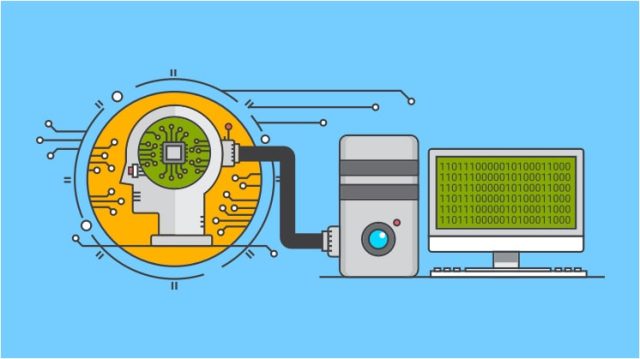
What is Machine Learning?
Machine learning is the science of getting computers to behave in ways that aren’t explicitly programmed. Machine learning has given us self-driving cars, realistic speech recognition, efficient web search, and a substantially enhanced understanding of the human genome in the last decade. Machine learning is so common these days that you probably use it thousands of times a day without even realizing it. Many academics believe it is the greatest method to advance toward human-level AI.
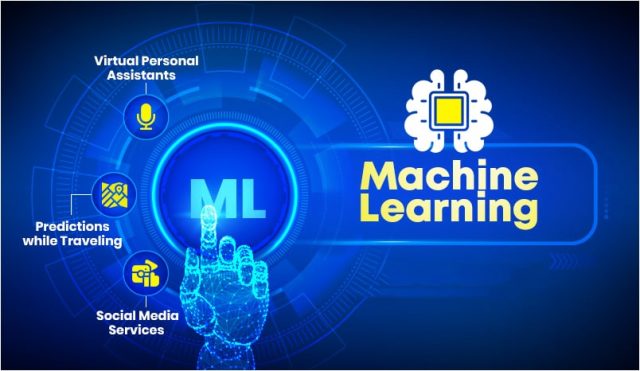
Importance of Machine Learning
Machine learning is significant because it provides organizations with insights into trends in customer behavior and operational business patterns, as well as assists in the development of new products. Machine learning is fundamental to the operations of many of today’s biggest organizations, like Facebook, Google, and Uber. For many businesses, machine learning has become a crucial competitive differentiation.
Machine learning has various practical applications that create real-world business benefits, such as time and money savings, that can significantly impact your organization’s future. We are seeing a tremendous impact in the customer care industry, where machine learning is allowing employees to accomplish projects more quickly and efficiently.
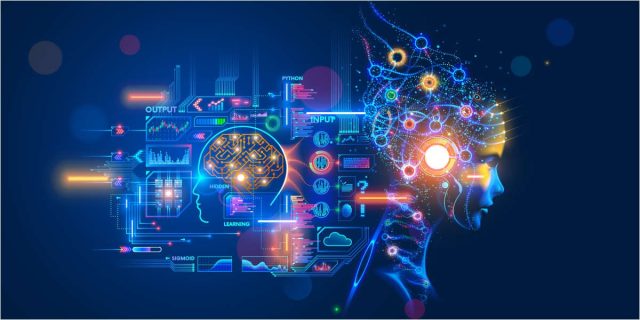
Examples of Machine Learning
Because we are so reliant on machine learning technology, it has drastically altered our way of life. It is a subset of Artificial Intelligence that we all use, intentionally or unknowingly. For example, we utilize Google Assistant, which employs ML ideas, and we seek assistance from online customer support, which is also an example of machine learning.
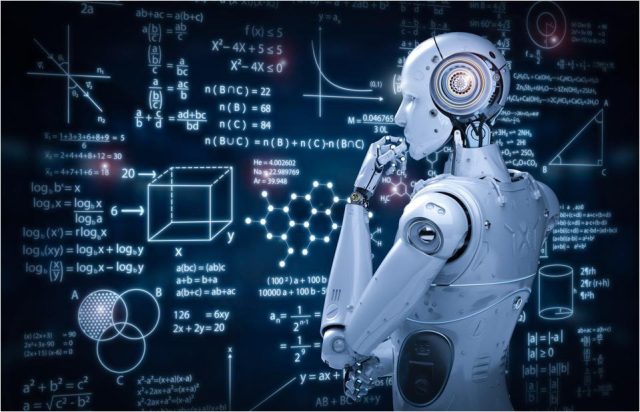
Some of the day-to-day tools that we use to make our life easier-
1) Speech and Image Recognition – Real-world applications of speech recognition include voice search, voice dialing, and appliance control. The most popular speech recognition software is Alexa and Google Home. Image recognition, like speech recognition, is the most extensively used example of Machine Learning technology for identifying any object in the form of a digital image. There are some real-world applications of image recognition, for example, we’ve seen on Facebook, tagging the name on any photo. It is also applied in handwriting recognition by breaking down a single letter into smaller pictures.
The most prominent example of image recognition is facial recognition. We’re all utilizing next-generation mobile phones that use facial recognition technology to unlock them.
2) Traffic alerts using Google Maps – Google Maps is one of the most commonly used tools when trying to locate a specific location. The map assists us in determining the best or fastest route, traffic, and much more information. But how does it provide this information to us? Google Maps employs a variety of technologies, including machine learning, which takes information from various users, analyses that information, updates it, and makes predictions. It can also notify us about traffic before we start our travel using predictions. While stuck in traffic, machine learning can assist us to choose the best and quickest route using Google Maps.
3) Google Translation – Assume you work on an international financial project in a language other than English, such as French or German. In that situation, you’ll be in a panic because you won’t be able to advance without reading the paperwork. The Google Translator software assists in the translation of any language into the chosen language. In this technique, you can translate French, German, and other languages into English, Hindi, or any other language. This simplifies the work of various sectors because a user can work on any country’s project without difficulty. Google Neural Machine Translation detects any language and translates it into any other language.
4) Virtual Assistants – Virtual assistants, which are smart software incorporated in smartphones or laptops, are very prevalent in today’s environment. These assistants serve as personal assistants and help to find information that is requested verbally. A virtual assistant recognizes human or natural language voice commands and completes the task for the user. Siri, Alexa, Google, Cortana, and other virtual assistants are examples. To begin working with these virtual assistants, they must first be activated, after which we can ask them any question and they will respond. “What’s the date today?” “Tell me a joke,” and so on. AI, machine learning, natural language processing, and other technologies are at the heart of virtual assistants.
5) Ads Recommendations – Nowadays, most people spend hours on Google or perusing the internet. And they get many adverts on each page when working on any webpage or website. However, even when two users are using the same internet and are in the same location, these adverts are unique to each person. Machine learning algorithms are used to make these ad recommendations. These ad recommendations are based on each user’s search history. For example, if a user searches for a shirt on Amazon or another e-commerce website, he will eventually see adverts recommending clothing.

Machine Learning Applications in Start-ups
1) Real-Time Chatbot Systems – Chatbots are one of the most popular types of automation. They have bridged the communication gap between humans and technology by allowing us to communicate with machines, which may subsequently perform actions based on the requirements or demands expressed by persons. The initial versions of chatbots were programmed to obey predefined rules that told the bots what actions to take based on specific keywords.
However, another branch of AI technology, ML (machine learning) and NLP (natural language processing) enable chatbots to be more productive and engaged. These new chatbots are more responsive to user requirements and communicate as if they were actual people.
2) Customers Recommendations Engine – ML powers customer recommendation engines, which are designed to create personalized experiences and improve the overall customer experience. In this case, algorithms analyze data points about each customer, such as previous purchases, as well as other data sets such as demographic trends, an organization’s current inventory, and the purchase histories of other customers, to determine which services and products to recommend to each customer. Amazon, Walmart, Netflix, and YouTube are a few examples of companies whose business models are dependent on recommendation algorithms.
3) Fraud Detection – Machine learning’s capacity to interpret patterns – and to recognize anomalies that emerge outside of those patterns – makes it an ideal tool for detecting fraudulent operations. Indeed, organizations in the financial sector have been successfully adopting ML in this aspect for many years. Machine business applications are used in the following areas to detect fraud: retail, gaming, travel, and financial services.
4) Data Extraction – Natural language processing combined with machine learning will automatically extract critical parts of structured information from documents, even if the material is stored in semi-structured or unstructured formats. Businesses can utilize this ML application to handle anything from invoices to tax paperwork to legal contracts, resulting in increased accuracy and efficiency and freeing human staff from dull, repetitive duties.
5) Decision Support – This is another area where machine learning business apps can help firms transform the vast majority of data they have into actionable and valuable insights. Algorithms trained on various relevant data sets and historical data can assess information and analyze numerous different scenarios at a scale and speed unimaginable for humans to determine the best course of action to take in this field. Decision support systems are employed in a variety of industries, including the healthcare, agriculture, and business sectors.
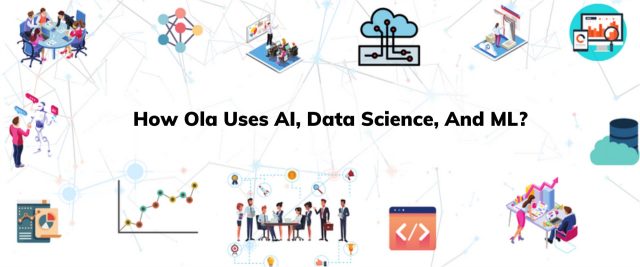
How does OLA use Machine Learning?
OLA essentially has millions and billions of bytes of data about its drivers and customers, as well as information on every single trip that occurs on its platform.
So, they essentially get insight into the time and day of booking, pick-up and drop-off locations, and much more. However, Because They carry so much data OLA’s business is based on Data Science. Data Science aids Ola in understanding the aura that a traveler prefers in a cab. For example Infotainment Preference, Playlist Preference, and so on. This type of data is extremely useful for engineers in understanding trends.
OLA has collected data from around “nine lakh” taxis on the road, allowing them to create an accurate real-time traffic scenario.
They use the data from the routes around the road to create unique ETA (Estimated Time Arrival) models. It recommends less congested routes to improve the commuting experience, which is a very useful feature to have.
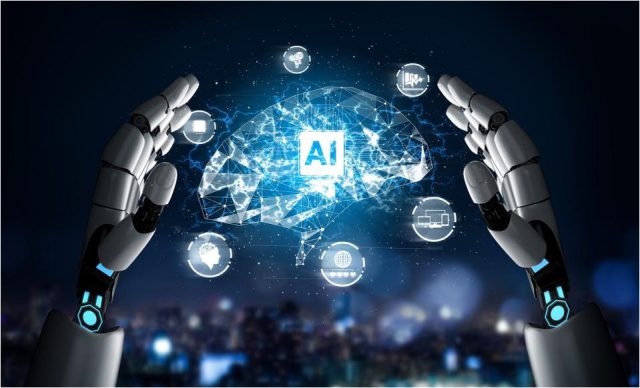
What is Artificial Intelligence (AI)?
The simulation of human intelligence processes by machines, particularly computer systems, is known as artificial intelligence. Expert systems, natural language processing, speech recognition, and machine vision are examples of AI applications.
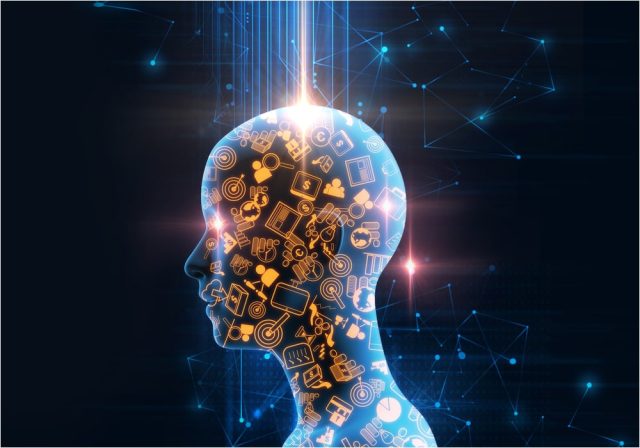
How does Artificial Intelligence (AI) work?
Less than a decade after deciphering the Nazi encryption machine Enigma and assisting the Allies in winning World War II, mathematician Alan Turing changed history yet again with a simple question: “Can machines think?”
Turing’s paper “Computing Machinery and Intelligence” (1950) and the Turing Test that followed it outlined the essential purpose and vision of artificial intelligence.
At its core, artificial intelligence (AI) is the branch of computer science that seeks to answer Turing’s question in the affirmative. It is the attempt to recreate or replicate human intellect in machines.
The broad goal of artificial intelligence has sparked numerous questions and arguments. As a result, no single definition of the discipline is commonly accepted.
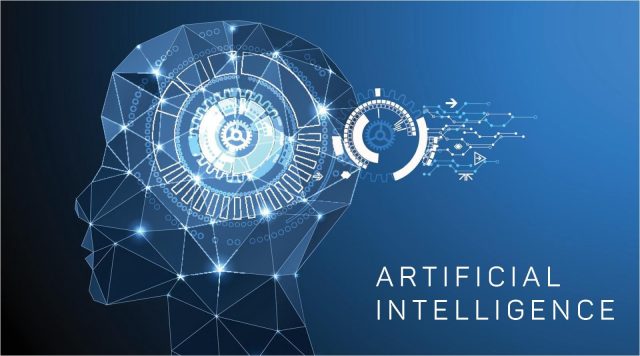
Why is Artificial Intelligence (AI) important?
AI is significant because it can provide enterprises with previously unknown insights into their operations and, in some cases, can perform tasks better than humans. AI systems generally accomplish operations quickly and with minimal errors, especially when it comes to repetitive, detail-oriented activities like evaluating vast quantities of legal papers to verify key fields are filled in correctly.
This has contributed to an increase in efficiency and opened up new business options for certain larger firms. Before the current wave of AI, it would have been difficult to envision employing computer software to connect riders to cabs, but Uber has become one of the world’s largest corporations by doing so.
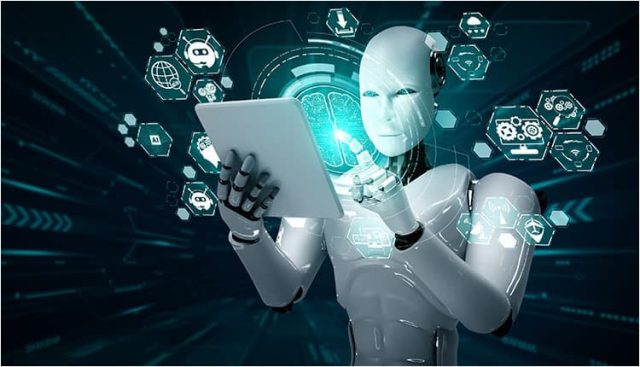
Examples of Artificial Intelligence
1) Self-Driving Cars – They work and progress by collecting a large amount of sensor data, learning how to handle traffic, and making real-time judgments.
These automobiles, also known as autonomous vehicles, use AI technology and machine learning to navigate around without requiring the passenger to take control at any point.
2) Recommendations – You may have observed that media recommendations on specific sites, such as Netflix, YouTube, and Spotify, are growing better and better. You may credit artificial intelligence and machine learning for this.
The three sites we mentioned consider what you’ve already seen and liked. That was the simple part. Then they compare it against thousands, if not tens of thousands, of other pieces of media. They learn from the data you submit and then utilize their database to present you with information that is tailored to your specific needs.
3) Banking – Today, many major banks allow you to deposit checks using your smartphone. Instead of walking to the bank, you can do it with a couple of taps.
Aside from the obvious safeguards for accessing your bank account via your phone, a check also requires your signature.
Banks now employ AI and machine learning algorithms to read your handwriting, compare it to the signature you previously provided to the bank, and safely use it to authorize a check.
4) Credit and Fraud – While we’re on the subject of banking, let’s take a moment to discuss fraud. Every day, a bank processes a large number of transactions. Tracking and analyzing all of it is impossible for a normal human being.
Furthermore, the appearance of fraudulent transactions varies from day to day. AI and machine learning systems can examine thousands of transactions in a single second. You can also have them learn, figure out what troublesome transactions look like, and prepare themselves for future problems.
5) Chatbots – Many organizations are employing AI, specifically chatbots, to connect with their customers.
Chatbots are frequently utilized as a customer support solution for businesses that do not always have enough people available to answer questions or reply to requests.
These businesses may free up staff time for other work while still receiving critical information from their clients by utilizing chatbots.
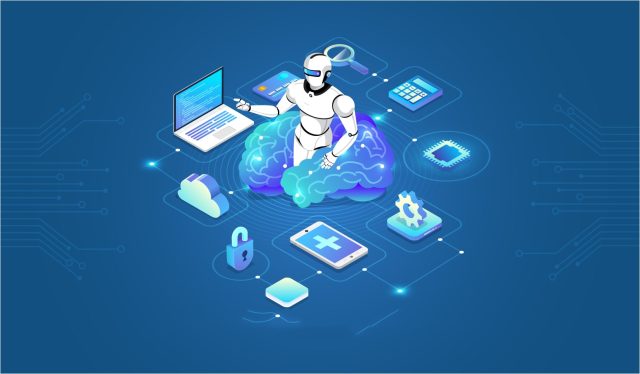
Artificial Intelligence Applications in Start-ups
1) AI healthcare start-ups – The ideas of AI businesses in the healthcare field are thriving. Healthcare AI firms using cutting-edge technology can assist doctors in diagnosing and determining when patients are failing.
In this manner, medical intervention can take place before the patient requires hospitalization. This means that the average human life expectancy will rise. Some diseases and ailments that were once lethal are no longer so. If you can back the appropriate diagnosis AI start-up may be a genuine money-maker for you.
2) Energy and cost-saving setups – There are always issues with the transportation of crude oil and natural gas, as well as the storage and refining of oil. Many manufacturing firms have been studying these ideas and putting in place the infrastructure to make them a reality.
AI applications can now learn and anticipate the future energy demand for specific mixing activities at granular levels. This brings up a plethora of possibilities for reducing waste and expenditures.
3) E-Learning start-ups and AI-based learning apps – Some of the top AI start-ups are also involved in eLearning. The concept of AI and ML apps has increased the power of written language. Humans cannot read as quickly as machines. They can’t build mental images or map facts as quickly as artificial creations.
As a result, ML and AI start-ups that can swiftly scan and interpret life science publications are particularly appealing to specific commercial entities. Such apps can assist researchers in accelerating the identification of disease cures as well as the creation of novel pharmaceuticals and therapies.
4) AI Logistics and supply start-ups – Supply and logistics businesses are among the top machine learning start-ups. Supply chain management is a growing sector, and rising fuel and transportation costs are among its major challenges.
Simultaneously, there is a higher desire for free delivery. As a result, businesses must find creative ways to save expenses while still satisfying client demand.
By monitoring new orders and integrating them with existing infrastructure, an AI-powered supply chain manager may control a company’s complete supply chain.
5) Fintech start-up – Fintech-based AI hardware firms are on the rise. Fintech is a growing business that believes technology can improve the accuracy and profitability of many financial transactions.
AI finance firms use artificial intelligence to streamline professional tasks such as automated data entry and reporting. Accountants aren’t the only people in the financial field who can benefit from this new technology. The financial services industry as a whole is embracing automation.
Machine Learning and Artificial Intelligence complete one another, and the following advancement lies in pushing every one of them as well as in joining them. Our calculations ought to help (re)trainable, (re)composable models of calculation, and work with thinking and communication regarding these models at the right degree of deliberation. Various teachers and examination regions need to team up to drive these leaps forwards. Involving calculation as the normal language has the potential for advancing learning ideas and inducing data that is both simple and hard for people to gain.
Ample eBusiness is contributing to its fullest by helping start-ups like Crop Secret, SugarX, Digital groserz app, and Kisaan helpline. We are open to any query related to this subject of the article and it would be our privilege to be of any use to you or your company.

